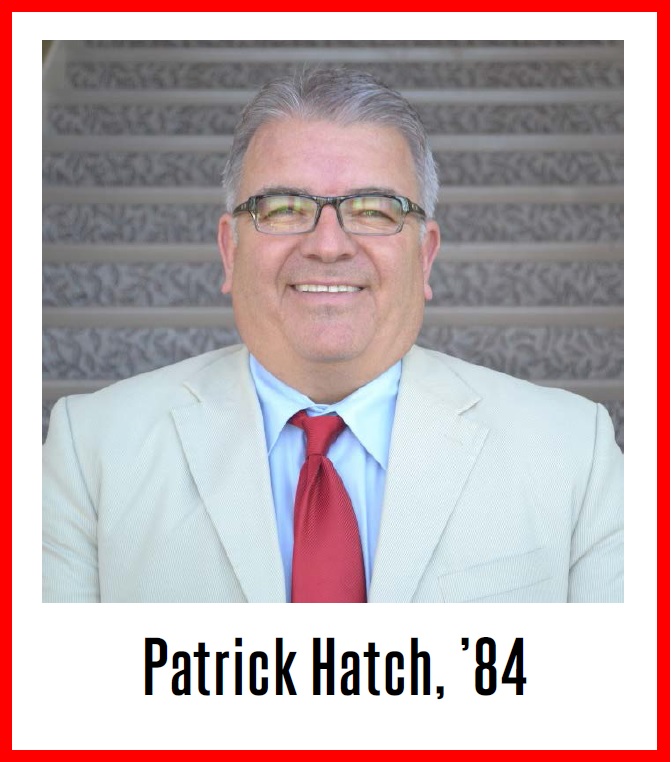In many companies, there are times when someone should be transitioned out, but for unknown reasons is allowed to stay. Most employees are then confused when poor performance is overlooked and deemed acceptable.
The acceptance of underperformance typically stems from a very positive past experience with someone. Because of past success or positive experience, people are given a pass on present failures or shortcomings. This is called the Halo Effect.
The Halo Effect can be applied to anyone in an organization, including the CEO. Both employees and employers can be given a freedom to coast based on value they’ve previously provided. The Halo Effect destroys the morale of the team and can result in manipulated workplace relationships, as well as the high-functioning and talented individuals leaving.
As a supervisor, it can be hard to recognize the Halo Effect and figure out how to effectively manage the situation. Some methods to eliminate The Halo Effect are:
- Have the difficult conversations about improving performance. As a supervisor it is your duty to lead the organization in a successful and profitable direction.
- Transition employees to a new role that may be better suited for them. As an organization grows and changes, it requires some individuals to change their role. Note: poor performance should never result in a promotion to relocate the problem.
- New training opportunities are vital for individuals who have banked on their past success and have not kept up with current principles, philosophies, and trends in your specific industry.
- To retain credibility as a supervisor and for the health of an organization, transitioning out an individual may be the only successful solution.
It is important for an organization to remember that past achievements do not equate to current success. One employee can send an organization into discord. Recognizing and eliminating the Halo Effect will improve the effectiveness and morale of an organization.
Daniel Rundhaug is the executive director at Davenport University’s Institute for Professional Excellence. He excels in both leadership and management skill sets, being able to create and communicate visionary direction as well as implementing the necessary strategies to see the vision become a reality.
Share This Story!
In many companies, there are times when someone should be transitioned out, but for unknown reasons is allowed to stay. Most employees are then confused when poor performance is overlooked and deemed acceptable.
The acceptance of underperformance typically stems from a very positive past experience with someone. Because of past success or positive experience, people are given a pass on present failures or shortcomings. This is called the Halo Effect.
The Halo Effect can be applied to anyone in an organization, including the CEO. Both employees and employers can be given a freedom to coast based on value they’ve previously provided. The Halo Effect destroys the morale of the team and can result in manipulated workplace relationships, as well as the high-functioning and talented individuals leaving.
As a supervisor, it can be hard to recognize the Halo Effect and figure out how to effectively manage the situation. Some methods to eliminate The Halo Effect are:
- Have the difficult conversations about improving performance. As a supervisor it is your duty to lead the organization in a successful and profitable direction.
- Transition employees to a new role that may be better suited for them. As an organization grows and changes, it requires some individuals to change their role. Note: poor performance should never result in a promotion to relocate the problem.
- New training opportunities are vital for individuals who have banked on their past success and have not kept up with current principles, philosophies, and trends in your specific industry.
- To retain credibility as a supervisor and for the health of an organization, transitioning out an individual may be the only successful solution.
It is important for an organization to remember that past achievements do not equate to current success. One employee can send an organization into discord. Recognizing and eliminating the Halo Effect will improve the effectiveness and morale of an organization.
Daniel Rundhaug is the executive director at Davenport University’s Institute for Professional Excellence. He excels in both leadership and management skill sets, being able to create and communicate visionary direction as well as implementing the necessary strategies to see the vision become a reality.
Share This Story!
Stay connected!
Get the latest Davenpost News delivered to your inbox!
Related Stories
Cheri Sharrard ’17 has taken on many roles in her life; a manager, data processor, an office clerk, a postal [...]
“As a paramedic, you become a law enforcement officer, pastor, and counselor all in one day.” Patrick Hatch started the [...]
Click here to watch a video on the Wellness Center and meet the counselors. Sometimes life is hard, especially [...]
Latest Stories
Davenport University partners with Grand Valley State University and Grand Rapids Community College on the community-wide MLK day celebration on [...]
Davenport President Richard J. Pappas addresses attendees. Davenport University leaders, trustees, employees and guests gathered December 10 on [...]
Pictured from left to right: Susan Crkovski, executive campus director-Warren; Davenport student Jeryn Washington, BSN Pre-Licensure program; Davenport student Manar [...]








